Blessed if you do, blessed if you don't
There are few exceptions, but in most organisational change assignments I have worked since 1989, the most #resistance and #inertia to the intended change has come from the very same instance that hired my services (the client) to support a change process.
Today I want to share the double binding" #strategy I tend to use when this happens.
A #doublebind can be described in every day language as a situation in which you are paralysed by the choices you see, most of them negative: whatever you do you fail, or "damned if you do, damned if you don't".
As paralysing, but not usually seen as a double bind, can be a situation in which all the choices are positive: whatever you do you succeed, or "blessed if you do, blessed if you don't".
I usually end in a "damned if you do, damned if you don't" double bind when the very same client that hired my services resists the work they are paying me for. If I continue promoting the change I will suffer, if I don't I will also suffer.
To avoid getting caught there, I make it my primary task to put my client in a "blessed if you do, blessed if you don't" double bind: whatever they choose, they promote the change they want.
A good #choice can be to overcome their own resistances and inertias. Also good is the choice to convert resistances and inertias into #constraints that will govern and/or enable the change they want. And also good is to stop promoting a change they don't really want or are ready for.
Whatever they choose, they win. Whatever they choose, I don't lose.
The picture is from my dining table. Two kind of beauties. One ephemeral, the other permanent. One emergent, the other product of the work of somebody.
Today I want to share the double binding" #strategy I tend to use when this happens.
A #doublebind can be described in every day language as a situation in which you are paralysed by the choices you see, most of them negative: whatever you do you fail, or "damned if you do, damned if you don't".
As paralysing, but not usually seen as a double bind, can be a situation in which all the choices are positive: whatever you do you succeed, or "blessed if you do, blessed if you don't".
I usually end in a "damned if you do, damned if you don't" double bind when the very same client that hired my services resists the work they are paying me for. If I continue promoting the change I will suffer, if I don't I will also suffer.
To avoid getting caught there, I make it my primary task to put my client in a "blessed if you do, blessed if you don't" double bind: whatever they choose, they promote the change they want.
A good #choice can be to overcome their own resistances and inertias. Also good is the choice to convert resistances and inertias into #constraints that will govern and/or enable the change they want. And also good is to stop promoting a change they don't really want or are ready for.
Whatever they choose, they win. Whatever they choose, I don't lose.
The picture is from my dining table. Two kind of beauties. One ephemeral, the other permanent. One emergent, the other product of the work of somebody.

